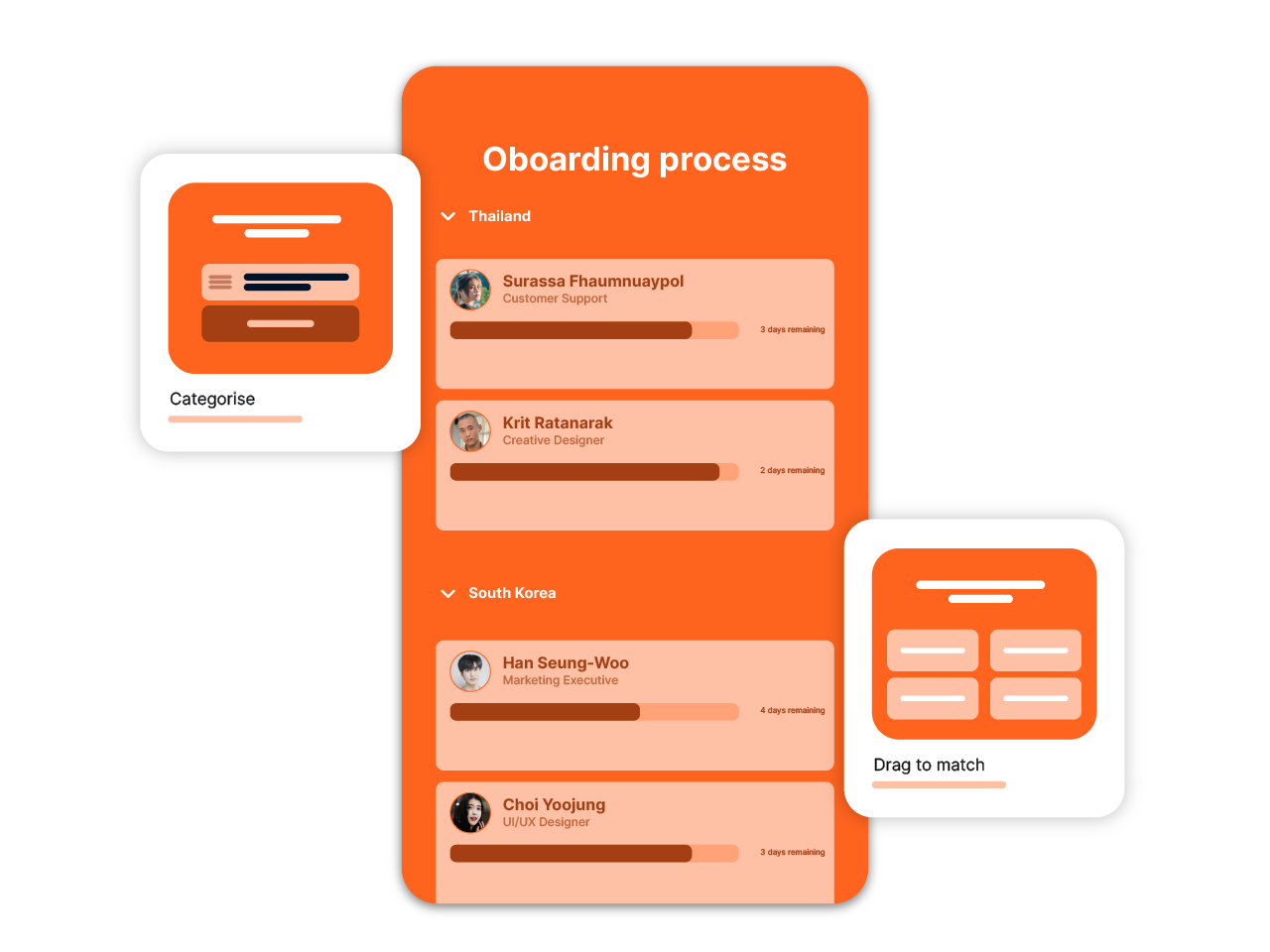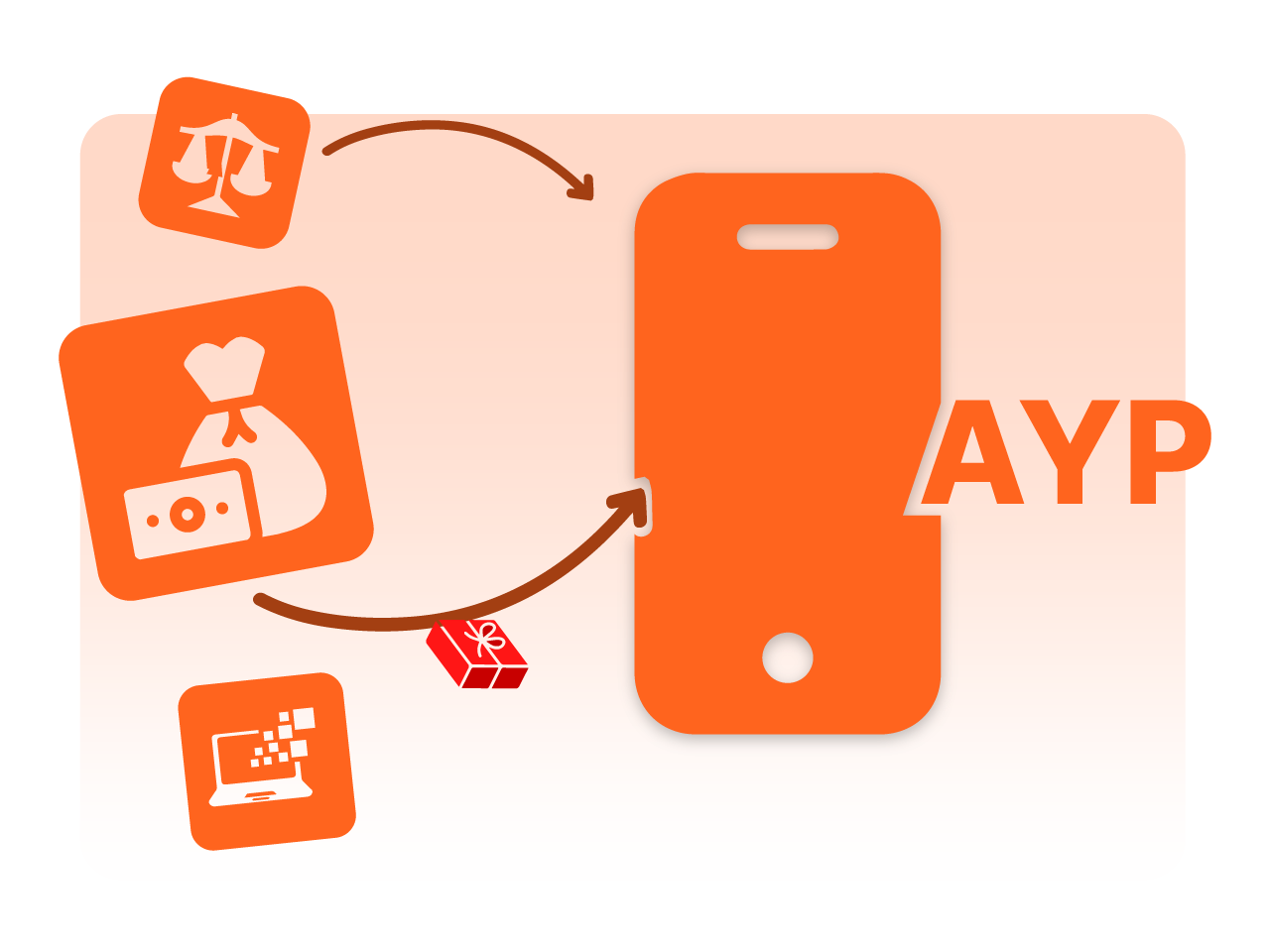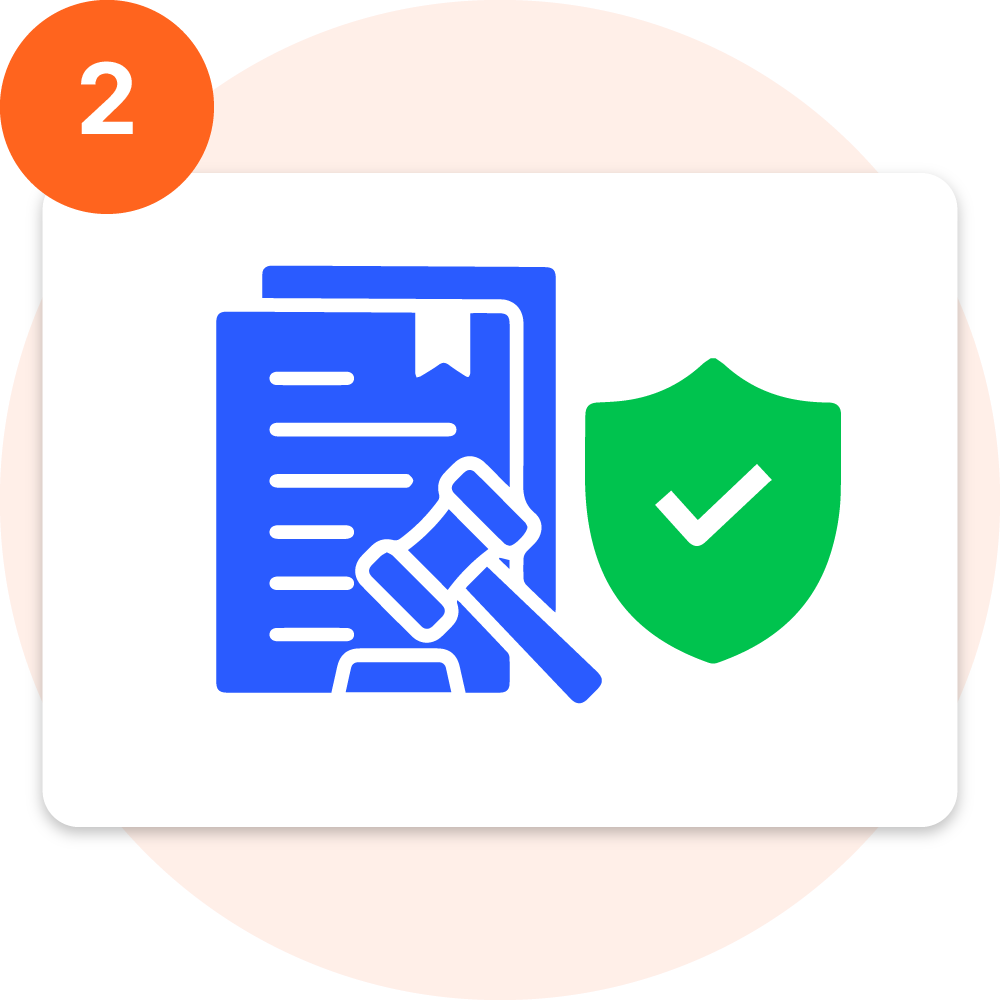Discover how having an Employer of Record (EOR) in Sri Lanka helps businesses hire employees quickly & efficiently so you can expand your business smoothly without interruption

This is a common struggle for many high growth companies due to the language barriers, cultural differences and the complex, ever-changing employment laws. Look no further than our employer of record solution.

Sit back while focus on your core business while we take care of the rest.
Got a great business idea and looking to hire employees in Sri Lanka? AYP Group (AYP) has got your back! Our Sri Lanka EOR helps you hire employees quickly and efficiently, so you can focus on your business goals.

Forget about the lengthy and expensive process of setting up a legal entity – we’ll take care of all the HR, benefits, payroll, and tax needs for the employees.
Compliance with local employment laws
Reduced hiring time and cost
Minimized legal and financial risks
Dedicated HR support and expertise
Seamless onboarding and payroll management
Access to a wider talent pool
Our process is simple and efficient. First, we hire the employee on your behalf and become their official employer.
Then, we manage all legal and administrative tasks, including payroll, taxes, benefits, and compliance.
Finally, we work closely with you to ensure a smooth and successful onboarding process.

Our solution offers complete transparency in pricing, so you know exactly what you’re paying for and can manage your workforce costs more effectively.

Our all-in-one compliance management system simplifies HR processes across jurisdictions, freeing up your time to focus on growing your business.

With our platform, you have access to local compliance experts who can guide you through the complexities of managing a distributed workforce, ensuring that you stay compliant with local laws and regulations.
Don’t let the complexities of employment laws in Sri Lanka slow down your business growth. Choose our employer of record solution and simplify your hiring process.
Sri Lanka, officially known as the Democratic Socialist Republic of Sri Lanka, is an island nation located in South Asia. It is situated in the Indian Ocean, southeast of India, and has a population of approximately 21 million people.
The economy of Sri Lanka is diverse, with agriculture, manufacturing, and services being the main sectors. The country is known for its production of tea, rubber, and coconut, which are major exports.

Colombo

Sri Lankan Rupee (LKR)

Sinhala and Tamil

Democratic republic

Here are the main types of employment contracts in Sri Lanka:
1.Permanent contracts
This is the most common type of employment contract in Sri Lanka. A permanent contract is an open-ended contract, which means that the employee is hired with no specific end date. Permanent contracts are usually given to employees who are hired for long-term positions.
2. Fixed-term contracts
Fixed-term contracts are used to hire employees for a specific period of time. These contracts specify the start and end date of the employment, and the terms and conditions of employment for the specified period. Fixed-term contracts are commonly used for project-based work or for seasonal work.
3. Part-time contracts
Part-time contracts are used to hire employees who work less than the full-time hours of the organization. These contracts are commonly used for jobs that do not require a full-time employee or when the organization needs additional staff for short periods of time.
4. Probationary contracts
Probationary contracts are used to hire employees for a trial period. During the probationary period, the employer can assess the employee’s performance and suitability for the role. Probationary contracts can be fixed-term or permanent, depending on the employer’s preference.
5. Casual contracts
Casual contracts are used to hire employees on an as-needed basis.
These contracts are usually short-term and do not guarantee regular employment. Casual contracts are commonly used in industries such as retail and hospitality.

The maximum working hours per week for shop and office employees are 45 hours, and the maximum working hours per day are 9 hours.
The normal working day is 8 hours, and the 9th hour can only be worked if the employee has given their consent in writing.

In Sri Lanka, there are several national holidays that are celebrated throughout the year. The following are the national holidays in Sri Lanka:
Here’s an overview of some of the major social security organizations and the benefits they provide:
The EPF is a retirement benefit scheme, which requires employers to contribute 12% of an employee’s salary to a fund that is managed by the government.
The employee also contributes 8% of their salary to the fund. The EPF provides retirement benefits, such as a lump sum payment and a monthly pension, to employees who have completed at least 10 years of service.
The National Health Insurance Service is a government-run health insurance program that provides coverage for medical expenses, including hospitalization, surgery, and prescription medications.
Both employers and employees are required to contribute to the NHIS, with contributions based on a percentage of the employee’s salary.
The NITF is a state-owned insurance company that provides insurance coverage for employees in case of accidents, natural disasters, or other contingencies.
The government contributes to the fund, and employers may also choose to make contributions on behalf of their employees.
The ECF provides compensation to employees who are injured or disabled at work.
Employers are required to make contributions to the fund, and the amount of compensation provided is based on the severity of the injury.
| Cookie | Duration | Description |
|---|---|---|
| cookielawinfo-checkbox-analytics | 11 months | This cookie is set by GDPR Cookie Consent plugin. The cookie is used to store the user consent for the cookies in the category "Analytics". |
| cookielawinfo-checkbox-functional | 11 months | The cookie is set by GDPR cookie consent to record the user consent for the cookies in the category "Functional". |
| cookielawinfo-checkbox-necessary | 11 months | This cookie is set by GDPR Cookie Consent plugin. The cookies is used to store the user consent for the cookies in the category "Necessary". |
| cookielawinfo-checkbox-others | 11 months | This cookie is set by GDPR Cookie Consent plugin. The cookie is used to store the user consent for the cookies in the category "Other. |
| cookielawinfo-checkbox-performance | 11 months | This cookie is set by GDPR Cookie Consent plugin. The cookie is used to store the user consent for the cookies in the category "Performance". |
| viewed_cookie_policy | 11 months | The cookie is set by the GDPR Cookie Consent plugin and is used to store whether or not user has consented to the use of cookies. It does not store any personal data. |
